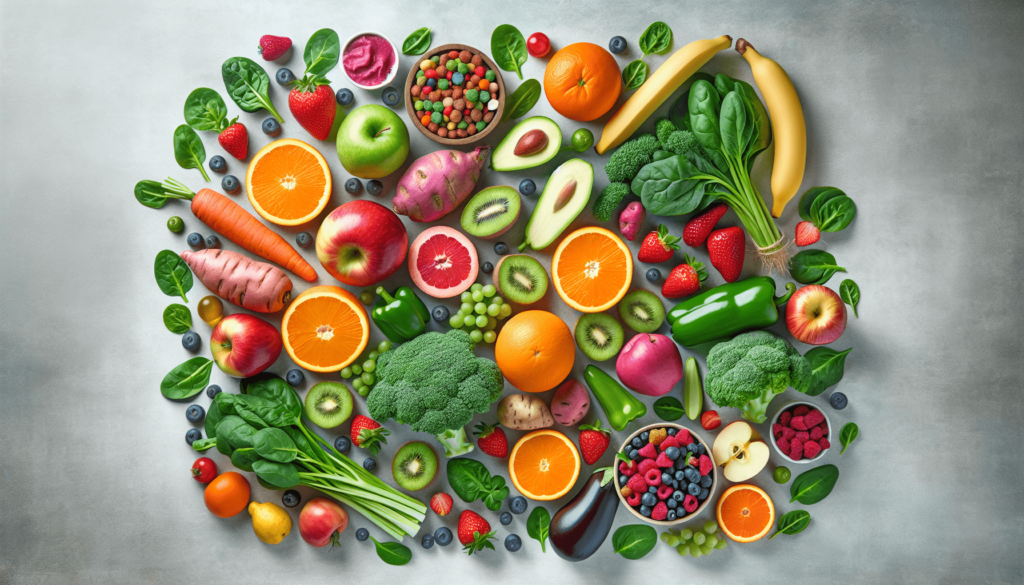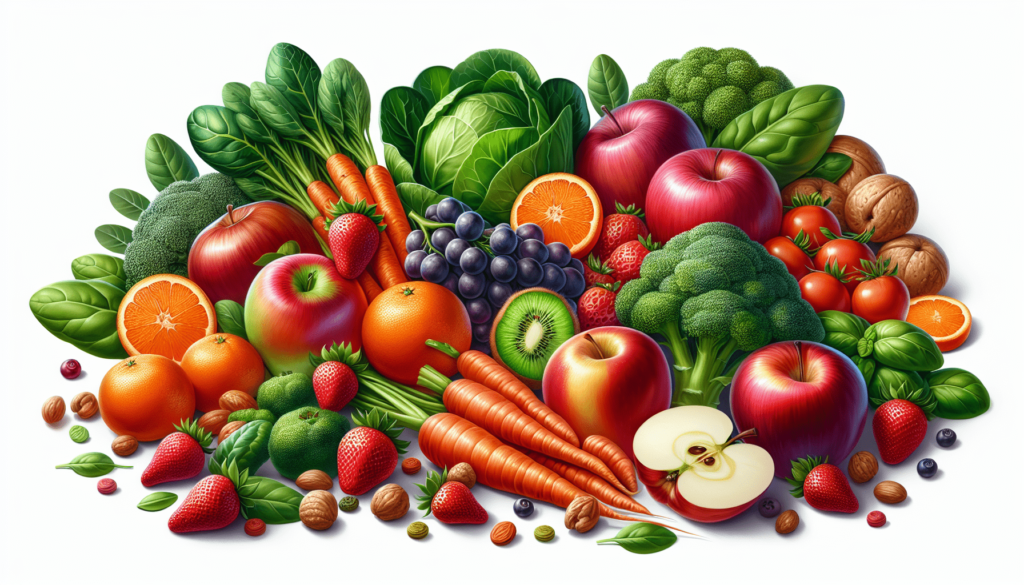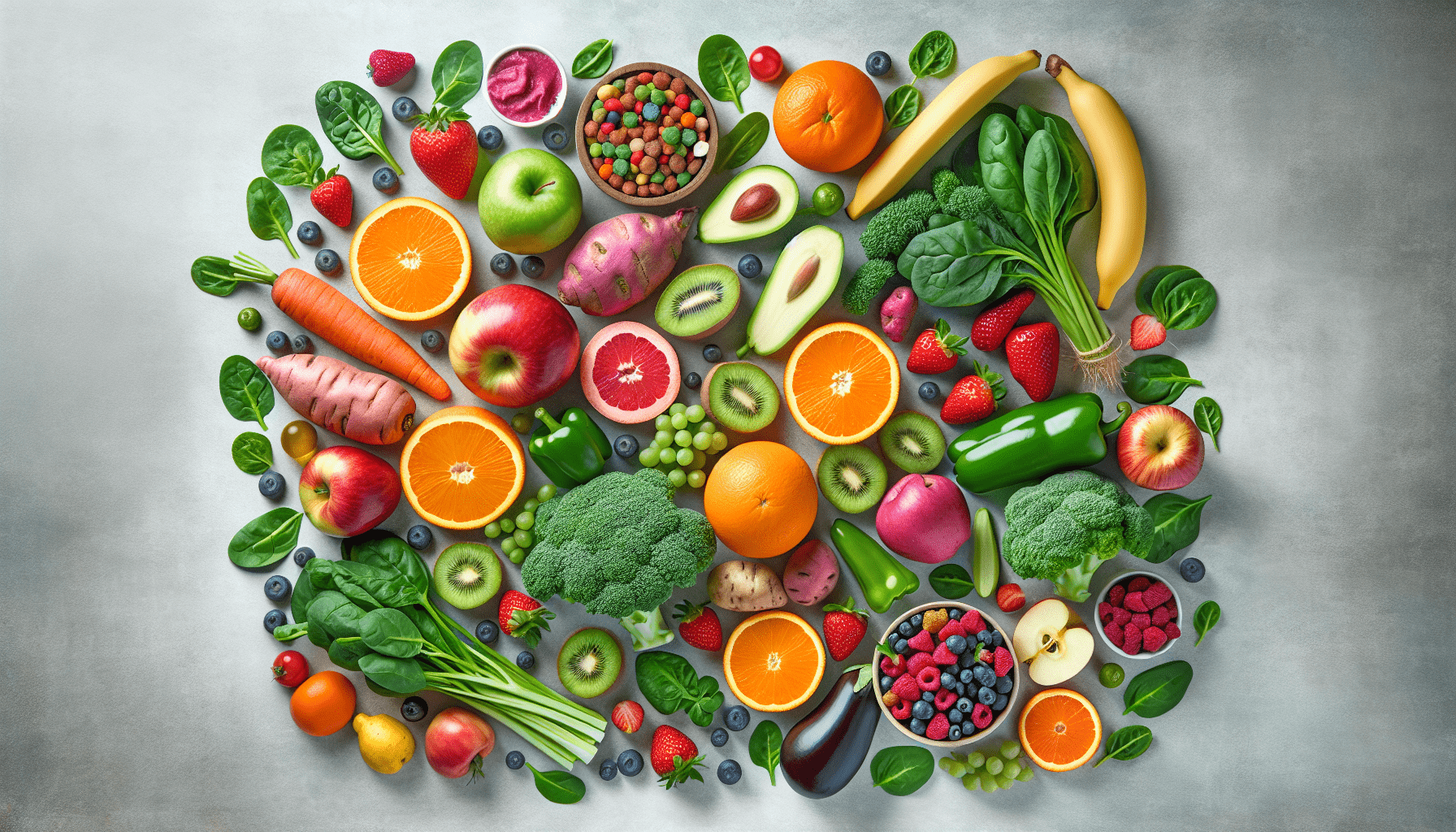Have you ever wondered if you are providing your beloved furry friend with the best possible nutrition for a long and happy life? In this article, we will explore the world of holistic pet nutrition and how it can contribute to your pet’s overall health and well-being.

What is Holistic Pet Nutrition?
When we talk about holistic pet nutrition, we are referring to a whole-body approach to feeding our pets. Instead of just focusing on the ingredients in their food, holistic pet nutrition takes into account all aspects of your pet’s health, including their physical, mental, and emotional well-being. This approach considers not only what goes into their food bowl but also factors such as exercise, mental stimulation, and stress reduction.
Why is Holistic Pet Nutrition Important?
Holistic pet nutrition is important because it looks at the big picture when it comes to your pet’s health. By focusing on feeding your pet a well-balanced diet that meets all their nutritional needs, you are setting them up for a long and healthy life. Additionally, holistic pet nutrition can address other aspects of your pet’s health, such as their weight, coat condition, and energy levels.
Key Principles of Holistic Pet Nutrition
1. Quality Ingredients
One of the fundamental principles of holistic pet nutrition is feeding your pet high-quality, whole food ingredients. Look for pet food that contains real meat, vegetables, and fruits, and avoid products with additives, fillers, and artificial ingredients. By choosing food made with quality ingredients, you are ensuring that your pet gets the essential nutrients they need to thrive.
2. Balanced Nutrition
Another key principle of holistic pet nutrition is ensuring that your pet’s diet is well-balanced. This means providing them with the right combination of proteins, carbohydrates, fats, vitamins, and minerals. A balanced diet can support your pet’s overall health, from their immune system to their digestive system.
Benefits of Holistic Pet Nutrition
1. Improved Digestion
When you feed your pet a diet that is high in quality, whole food ingredients, you are promoting healthy digestion. Many commercial pet foods contain fillers and additives that can be difficult for pets to digest, leading to issues such as bloating, gas, and diarrhea. A diet based on holistic principles can help alleviate these problems and promote regular, healthy bowel movements.
2. Better Coat and Skin Health
A balanced diet rich in essential nutrients can also contribute to your pet’s coat and skin health. Omega-3 fatty acids, for example, are known to support healthy skin and a shiny coat. By feeding your pet a diet that includes foods such as fish, flaxseed, and eggs, you can help maintain their skin and coat in optimal condition.
3. Increased Energy and Vitality
Proper nutrition is essential for providing your pet with the energy they need to lead an active and fulfilling life. A diet that is rich in high-quality proteins and complex carbohydrates can help fuel your pet’s muscles and provide them with the energy they need to play, run, and explore. By feeding your pet a holistic diet, you can help them maintain their vitality and zest for life.
How to Transition to a Holistic Diet
If you are interested in transitioning your pet to a holistic diet, it is essential to do so gradually to avoid any digestive upset. Start by mixing a small amount of the new food with their current food, gradually increasing the proportion of the new food over a period of 7-10 days. Monitor your pet’s appetite, stool quality, and overall well-being during this transition period to ensure that they are adjusting well to their new diet.

Holistic Pet Nutrition Myths Debunked
Myth 1: Holistic pet food is too expensive.
While it is true that some brands of holistic pet food can be more expensive than traditional commercial pet food, there are affordable options available. Look for sales, discounts, and coupons to help offset the cost of feeding your pet a holistic diet. Additionally, the long-term health benefits of feeding your pet quality food may outweigh the upfront cost.
Myth 2: Holistic pet food is not regulated.
Contrary to popular belief, holistic pet food is subject to the same regulations as traditional pet food. The Association of American Feed Control Officials (AAFCO) sets standards for pet food labeling and ingredient composition, regardless of whether the food is considered holistic or not. When choosing a holistic pet food, look for brands that meet AAFCO standards to ensure that you are feeding your pet a safe and nutritious diet.
Homemade Holistic Pet Food
If you prefer to make your pet’s food at home, it is essential to do your research and consult with a veterinarian or pet nutritionist to ensure that you are providing your pet with a well-balanced diet. Here is a simple homemade pet food recipe that you can try:
| Ingredients | Amount |
|---|---|
| Ground turkey | 1 lb |
| Sweet potato | 1 cup, mashed |
| Carrots | 1/2 cup, diced |
| Peas | 1/2 cup |
| Brown rice | 1 cup |
| Water | 3 cups |
Instructions:
- In a large pot, cook the ground turkey over medium heat until browned.
- Add the sweet potato, carrots, peas, brown rice, and water to the pot.
- Bring the mixture to a boil, then reduce the heat and simmer for 20-30 minutes, or until the rice is cooked and the vegetables are tender.
- Allow the food to cool before serving to your pet.
Conclusion
In conclusion, holistic pet nutrition is a holistic approach to feeding your pet that takes into consideration their overall health and well-being. By focusing on feeding your pet high-quality, whole food ingredients and ensuring that their diet is well-balanced, you can support your pet’s digestive health, coat and skin health, and energy levels. Whether you choose to feed your pet a commercial holistic pet food or make their food at home, providing them with the best possible nutrition is essential for a happy and healthy life. Remember to consult with your veterinarian or a pet nutritionist before making any significant changes to your pet’s diet.

